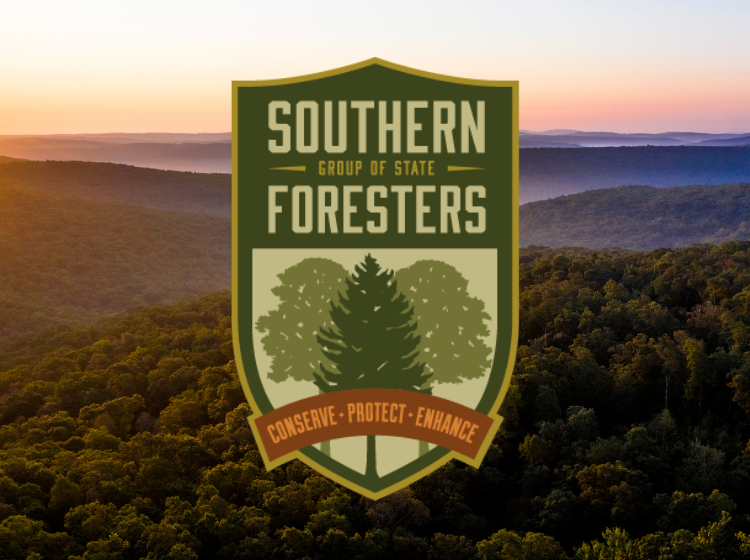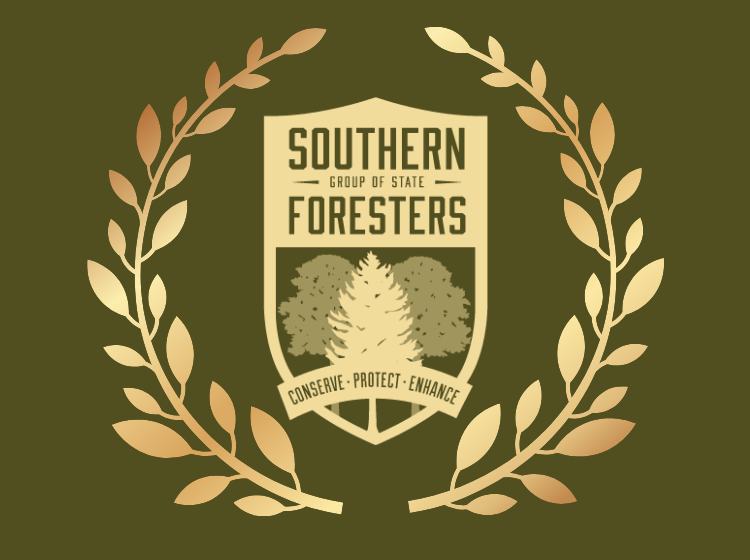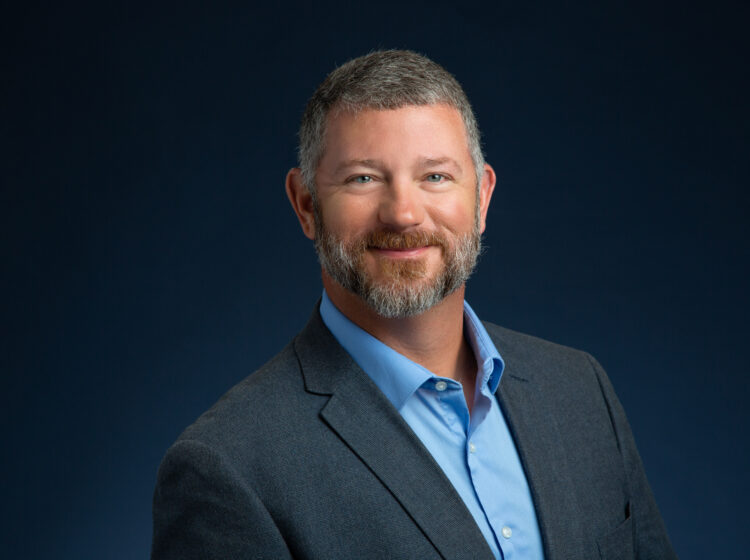Urban & Community Forestry
Trees play a crucial role in the green infrastructure of America’s cities and towns.
Trees brighten city streets and delight nature-starved urbanites. Forested neighborhoods have less crime, less pollution, reduced energy costs and higher quality of life than similar areas with less trees and greenspaces.
With the South continuing to experience rapid population growth and urban expansion, it is ever important to proactively plan, plant and maintain our community trees. The southern states offer a network of urban and community forestry (U&CF) coordinators across the region who monitor, measure and assess changes to urban forests while providing support, consultation and educational opportunities for local communities.
Local Contacts
Recent News
View AllBenefits of Community Trees
People benefit from community forests in many ways, whether relaxing in the shade, drinking clean water, or breathing clean air. Trees contribute to our health, economic vitality and social well-being. From urban neighborhoods to rural subdivisions, trees play a vital role in our communities.
Reduced Energy Costs
During hot and humid summer days, Southerners rely on the cooling effects of shade trees in their communities and around their homes. In fact, shade from trees can lessen the burden on home air conditioning units, reducing household energy consumption by 10-15%. Urban areas that experience higher temperatures than outlying areas, known as heat islands, adding tree cover could lower surface and air temperatures by 20–45°F.
In the winter, trees break the force of winter winds, lowering heating costs.
Better Air Quality
Community trees remove air pollution by lowering air temperature, releasing water into the atmosphere, retaining particulates and absorbing CO2. By reducing the need for heating and cooling systems, trees also indirectly help reduce emissions.
Improved Health and Wellness
Trees, woodlands and forests in and around cities, towns and communities provide several social services and human health benefits. Trees help sustain our health, boost our immune system and improve our children’s school performance.
Economic Contributions
Urban and community forests make a substantial economic contribution to the southern regional economy. In addition to municipal and non-profit entities, the green and utility industries are key providers of urban and community forestry (U&CF) related services, contributing substantially to local and state economies.
In 2019, U&CF in the 13 southern states:
- Directly contributed $21.1 billion to the region’s industry output and $11.6 billion in value-added.
- Supported 225,283 full-time and part-time jobs.
- Had a total contribution of $43.3 billion in industry output to the regional economy.
- Employed more than 349,453 people with a payroll of about $15.4 billion.
Economic Impact Fact Sheets:
- Fact Sheet – Southern Region
- Fact Sheet – Alabama
- Fact Sheet – Arkansas
- Fact Sheet – Florida
- Fact Sheet – Georgia
- Fact Sheet – Kentucky
- Fact Sheet – Louisiana
- Fact Sheet – Mississippi
- Fact Sheet – North Carolina
- Fact Sheet – Oklahoma
- Fact Sheet – South Carolina
- Fact Sheet – Tennessee
- Fact Sheet – Texas
- Fact Sheet – Virginia
Increased Property Values
The presence of trees in communities and urban areas can increase property values. Studies have shown that the presence of trees can increase the selling price of homes by as much as 15%. In addition, shopping areas with more trees are more appealing and inviting for shoppers, which can in turn increase retail property values.
Reduced Crime Activity
Studies have shown that a 10% increase in tree canopy is associated with an approximately 12% decrease in crime.
Flood protection
Tree canopies help reduce erosion caused by falling rain and provide surface area for rain water to land and evaporate. Roots also take up water and help create conditions in the soil that promote infiltration.
Community Trees and Storms
When events like thunderstorms, tornadoes, hurricanes and ice storms damage community trees, public safety can be put at risk. Prepared communities can better, more quickly, respond to hazards from downed and structurally weakened trees.
Readiness
Develop a readiness plan. Readiness includes the mitigation and preparedness steps of the disaster management process. Structurally defective trees are more susceptible to storm damage. Identifying defective trees before a storm strikes, pruning and removing these trees as well as regular maintenance pruning of all trees will mitigate storm tree damage. Develop your readiness plan through a process of identifying the tasks that will need to be completed, who will complete the tasks and securing the resources you will need.
Response
You have completed the readiness planning and a tree-damaging storm event occurs. You are called to action completing storm tree damage assessment work, event action planning, and completing emergency tree-damage work.
Recovery
Your storm damage inventory should have a list of trees that should be removed and pruned. Cull the severely damaged trees and prune the remaining damaged trees to reduce the risks of higher losses in the future. Your community trees provide services that enhance the quality of living in your community. Invest in maintaining your community trees as you do with other elements of your community’s infrastructure and plant trees for the future to fully realize those benefits. Completing the work now will come at a cost, but the cost will be greater in the future if you do not act.
Community Forestry Academy
The Community Forestry Academy, developed by southern state forestry agencies in partnership with the USDA Forest Service, provides a variety of unique online courses to help communities improve storm readiness, response and recovery for urban and community trees.
Community Leader Courses are available for anyone interested in supporting the storm readiness, response and recovery of community forests. We recommend these courses to community representatives such as emergency management and response professionals, city and county arborists and landscape professionals, city planners, elected officials and those that serve on local tree boards or other related boards and committees.
Urban Forest Strike Teams
Urban Forest Strike Teams come to the aid of a region whose urban forest has been impacted by a natural disaster. The program was created to provide systematic mobilization, deployment, organization and management of state forestry agency personnel and arboricultural resources.
Learn MoreResources
U&CF Success Stories
Learn about successful Urban and Community Forestry programs and projects within the southern states.
Healthy Trees, Healthy Lives
Website offering resources related to the human health benefits of urban and community trees.
U&CF Economic Impact Study
Regional Materials
- Fact Sheet – Southern Region
- Economic Impact Report – Southern Region
- Methodology Report -Southern Region
State Fact Sheets
- Fact Sheet – Alabama
- Fact Sheet – Arkansas
- Fact Sheet – Florida
- Fact Sheet – Georgia
- Fact Sheet – Kentucky
- Fact Sheet – Louisiana
- Fact Sheet – Mississippi
- Fact Sheet – North Carolina
- Fact Sheet – Oklahoma
- Fact Sheet – South Carolina
- Fact Sheet – Tennessee
- Fact Sheet – Texas
- Fact Sheet – Virginia
State Economic Impact Reports
- Economic Impact Report – Alabama
- Economic Impact Report – Arkansas
- Economic Impact Report – Florida
- Economic Impact Report – Georgia
- Economic Impact Report – Kentucky
- Economic Impact Report – Louisiana
- Economic Impact Report – Mississippi
- Economic Impact Report – North Carolina
- Economic Impact Report – Oklahoma
- Economic Impact Report – South Carolina
- Economic impact Report – Tennessee
- Economic Impact Report – Texas
- Economic Impact Report – Virginia
How to Plant a Tree
Learn the proper way to select and plant a tree.
Arbor Day Across the Nation
Find information about your state’s local Arbor Day celebration.
Vibrant Cities Lab
Research and best practices for community green infrastructure projects.
Arbor Day Foundation
Arbor Day Foundation is a nonprofit organization offering grants, support and information for tree planting, care, conservation and education.
Alliance for Community Trees
Network of community-based organizations dedicated to improving the livability of towns and cities through planting and caring for trees.
American Forests Foundation
American Forests Foundation is a conservation organization that manages the National Champion Tree program.
Hiring an Arborist
Trees are an investment that requires proper tree care. Arborists are knowledgeable about the needs of trees and are trained and equipped to provide proper care. Certified arborists are experienced professionals who have passed an extensive examination covering all aspects of tree care. Arborists are certified by the International Society of Arboriculture (ISA) and display an official logo as identification.
International Society of Arboriculture
The International Society of Arboriculture is an organization promoting the professional practice of arboriculture.
American Society of Consulting Arborists
The American Society of Consulting Arborists is a membership organization for consulting arborists.
Tree Care Industry Association
The Tree Care Industry Association provides safety and education programs, standards of tree care practice and management information for tree and landscape firms.
i-Tree
i-Tree provides urban and rural forestry analysis and benefits assessment tools.


